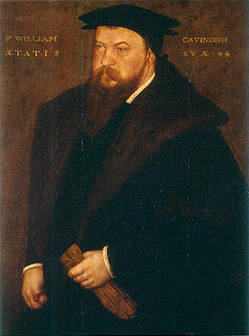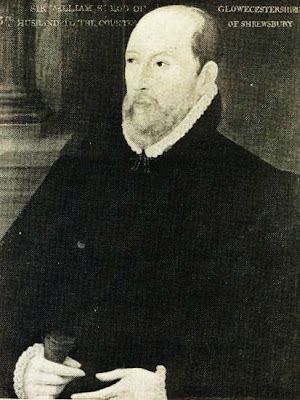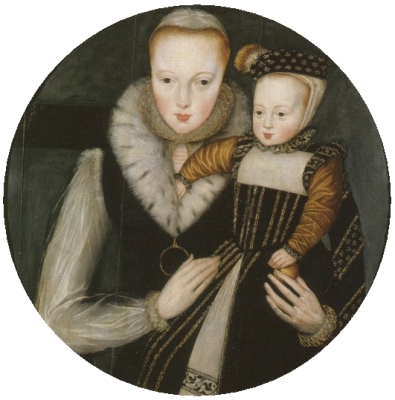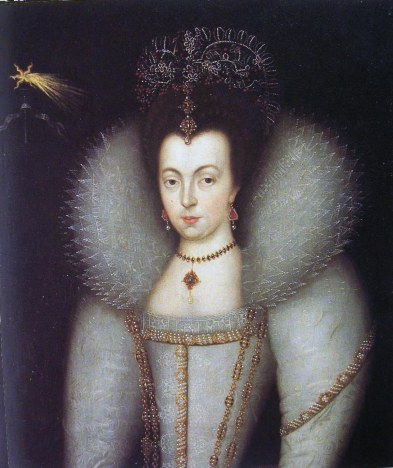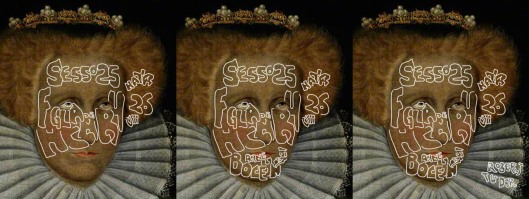"a head of unruly red hair"
"tatty embroidered Afghan coat"
"floppy hat of brown felt"
"saffron Katmandu bandana"
I know whom thou seekest, for thou seekest Merlin; therefore seek no farther, for I am he.
You that are watching
The gray Magician
With eyes of wonder,
I am Merlin,
And I am dying,
I am Merlin
Who follow The Gleam.
The days of our kind are numberèd. The one God comes to drive out the many gods. The spirits of wood and stream grow silent. It's the way of things. Yes... it's a time for men, and their ways.
The best thing for being sad … is to learn something. That is the only thing that never fails. You may grow old and trembling in your anatomies, you may lie awake in the middle of the night listening to the disorder of your veins, you may miss your only love, you may see the world around you devastated by evil lunatics, or know your honour trampled in the sewers of baser minds. There is only one thing for it then — to learn. Learn why the world wags and what wags it. That is the only thing the mind can never exhaust, never alienate, never be tortured by, never fear or distrust, and never dream of regretting.
Look upon this moment. Savor it! Rejoice with great gladness! Great gladness! Remember it always, for you are joined by it. You are One, under the stars. Remember it well, then... this night, this great victory. So that in the years ahead, you can say, "I was there that night, with Arthur, the King!" For it is the doom of men that they forget.
Anál nathrach, orth’ bháis’s bethad, do chél dénmha. *
* "The Charm of Making", an incantation repeatedly uttered by both Merlin and Morgana, is in an Old Gaelic dialect which translates to:
"Serpent's breath, charm of death and life, thy omen of making."
“A single shaft of light fell from the roof and illuminated a black slab of obsidian like an altar at the centre of the hall. There was a figure standing in front of the slab, silhouetted against the light. As the king’s cortege crossed the floor, their footsteps echoing back at them, the figure stretched out its arms in greeting and stepped backwards into the pool of light.
The king caught his breath in disbelief.
‘Merlyn! Against all hope...’
The wizard smiled impishly at his aged royal pupil. ‘I see you’ve been killing people again, Arthur. Another fine pickle you’ve got yourself into!”
**********
“A once and future king?’ complained Merlyn. ‘Dear oh dear, I thought we’d given up all that nonsense.’ He shook his head of unruly red hair in irritation. ‘Isn’t enough ever enough?’
Arthur raised himself painfully from the side of the chair where “they had sat him. He slammed his gloved fist against the carved arm. ‘You gave your word!’
‘I most certainly did not! You’ve been listening to those minstrels again. They always exaggerate.’
‘Teeth of Heaven!’ A series of coughs tore up from Arthur’s aching lungs. He pushed away the queen who moved in to tend him and wiped the fresh blood from his mouth himself.
‘You are never here when I have need of you, Merlyn.’
The wizard shrugged and smiled weakly, revealing the laughter lines on his avuncular face. ‘I can’t be everywhere at once.’
But there was still mischief behind his eyes. And he still looked younger every time he returned.
Arthur rested his head back on the side of the chair. He looked around the dark ribs of the King’s Hall ship that Merlyn had cultured for him long, long ago in the vat-cellars of the High Tagel. The consoles bleeped quietly as they awaited his instructions. Always ready to jump the stars or outfly the swiftest ornithopter.
‘Ten years of war have we suffered. My wife and friend are lost to me. The alliance of the Round Table is broken.
My kingdom is slipping away. The land dies.’
‘Morgaine has grown in power. She will destroy us all with her black arts.’
‘I doubt that. Arthur. But it may be a long struggle.’
‘I thought I had lost my tutor too. And then you return against all odds, but only to snatch away my remaining hope.’
‘Oh, don’t be so gloomy. And never trust people who make prophesies.’
Arthur lifted his eyes in disbelief. ‘But you do naught else!’
‘It’s one of my more annoying habits.’
The High King of the Thirteen Worlds gripped the arms of the chair and struggled to rise.
He cursed as his knees buckled under him. The dead armour was cumbersome and he was too weak to move against it. He sat back temporarily defeated. But he would find a way.
He missed Lancelot.
And he longed to see Guenever again and ask for her forgiveness.
Merlyn took a salve-sponge from one of the queens and began gently to wipe the mud and blood from the aged king’s face.
‘My dear Arthur, I think it’s time I came clean with you.’
‘Excalibur,’ he muttered. ‘Where is it?’
‘You see it’s all very well calling me tutor, but I can’t even begin your education until I find out how all this ends.’
To Merlyn’s surprise, the king appeared to rally from his misery. ‘So it is true then,’ he said eagerly.”
‘True? Why? What else have the minstrels been saying?’
‘That you live your life backwards.’
‘No, no, no!’
From his tatty embroidered Afghan coat, Merlyn tugged a floppy hat of brown felt.
He flailed it into shape as he tried to contain his annoyance. Around its brim, the saffron Katmandu bandana was creased and tangled. A pair of finger cymbals tinkled to the floor. ‘My life may be rather haphazard — in a temporal sort of way. But I cannot predict the future...’
‘You deny it yet again!’
‘Of course I do! And you know that.’
‘So you cannot say the hour of my death.’
The wizard smiled inwardly that the old king could still beat his tutor into a corner. He looked forward to beginning the young king’s education. But there seemed no way to convince his old friend that time was passing.
All things had their time and that included the time to let go of what you loved.
“I shall rise again,’ continued Arthur. ‘There is no question. I decree it. And I shall see Morgaine defeated.
And you, Merlyn, I rely on to see me win through!’
Merlyn’s twin hearts sank. ‘I’ll see what I can do, my lord,’ he said quietly. ‘It may already be in hand.’
The king grunted. Satisfied at last, he leaned back into his chair. ‘And find my sword too.’
There was a movement in the shadows at the back of the hall. One of the queens, Bellangere of Orlamande, lifted Excalibur from the cavity into which it had been peristalted by the ship. She carried the ancient sword with reverence toMerlyn.
‘But there is no scabbard,’ she said.
‘I’m sure it’ll turn up again some time.’ Merlyn held the sword for a moment, recognizing the filigree ganglia systems worked out in the hilt and the blade.
‘I am hight Escalibore,
Unto a king fair tresore.’
‘Thank you, your majesties,’ he said gravely. ‘Your part in this will be remembered.’
The three attendant queens bowed low to him. Then he turned to present the sword to its true master.
The king was already sleeping. A new serenity drained the aching weariness from his face. His breathing steadied.
The queens watched Merlyn carry the sword, symbol of the High Kingship, to the central control console. He found the key input socket that he had grafted into the obsidian unit, because he remembered that long ago he had found it there in the future. He slowly, ceremonially, lowered the blade into its place.
‘So my once and future friend, the Night Watch begins.’
The huge amethyst in the hilt glittered momentarily with fire. The gentle hum of the ship pitched up a degree.
“High King Arthur shifted in his sleep. ‘Thank you, Doctor,’ he muttered through his dreams.”
Excerpt From: Platt, Marc. “Battlefield.”
Target Books, 1991-08-14T07:00:00+00:00. iBooks.
This material may be protected by copyright.
































